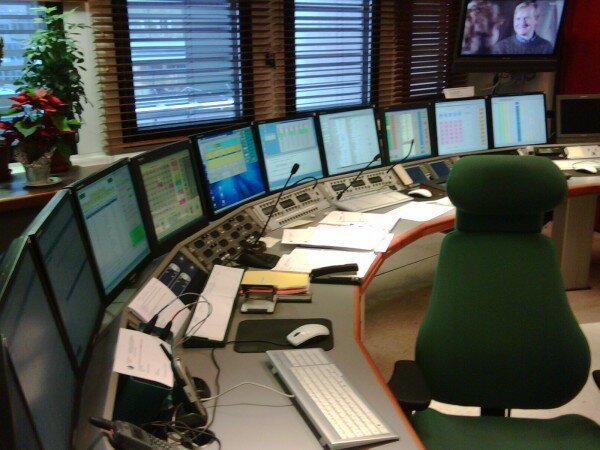
CC image courtesy of Matti Mattila
Kenya, through the Communications Authority of Kenya has set out to enforce a directive that will have all television stations in Kenya air 40% local content in their program lineup.
While speaking at a recent function that brought together broadcasters, continent producers and regulators, CA’s Director General Francis Wangusi warned the media stations that will fail to adhere to this rule saying that they stood to attract penalties among which was contributing more to the Universal Service Fund (USF).
“Previously there was no incentive but now if you are not going to meet 40% there are only two things; you will pay more to the Universal Service Fund so that we can use that money to grow local content or we will prescribe different penalties to ensure that you comply,” he said.
Wangusi also said that they are in the process of coming up with a framework that will draw them close to the producer to help young artists to provide content , adding that they had already put in place a multimedia services within CA to engage the content producers on this.
“Once we are satisfied this is the way to go we will push it forward as fast as we can to be able to realize the fruits,” said Wangusi.
Wangusi added that each station will be obligated to explain how they intended to comply with the rule when they go for their licenses.
While speaking at the same event, Linus Kaikai the Nation media Group’s Managing Director lauded content producers saying that they have been doing a great job. He however lamented the fact that airing the same programs on their stations did not come cheap.
“Count a week, a month, a year, each 30 minutes costs Ksh. 500 million, this is what it takes to put local content on TV,” he said.
He however added that the ecosystem was changing and now broadcasters will be found with producers in boardrooms discussing content.
Kaikai also took issue with the must carry concept that had been fronted by the Media Council of Kenya chairman Harun Mwangi saying that it is not of common value and should apply to public broadcasters as they got some of their money from licenses.
“We need to make sure on some of these issues we are backing up the correct tree.” He said.
Copy right was another issue the MD sought to tackle saying that the industry was worried by a line in a recent Supreme court ruling on digital migration that implied that copyright is negotiable.
“The Constitution itself which they are duty bound to interpret, provides for copyright protection ,” he said.
Kaikai also called on regulators to develop a harmonious relationship with broadcasters.
Speaking on behalf of producers, John Karanja the Chairman of the Riverwood Producers Association decried the fact their work was not being taken seriously by broadcasters.
He told of how their work was dismissed by the content gatemen bit. He threatened that they would be taking their work to countries like Mauritius from where Kenyan content producers would buy exorbitantly.
“We have the most creative minds to give you the best content for television,” said Karanja.
“We are dedicated as this is our full time job and this is why as Riverwood we can come up with five hours worth of content. If it is not taken up we will put it on DVD and go door to door and we have tyranny of numbers that works for us,” he added.
Digital Content producers who were also present lamented on not receiving recognition for their work.
Led by Elimu TV’s Jane Muthiga, they said that they also wanted more representation of their work in the country.
Wangusi promised to also help fund content producers who will work with the Authority.
















